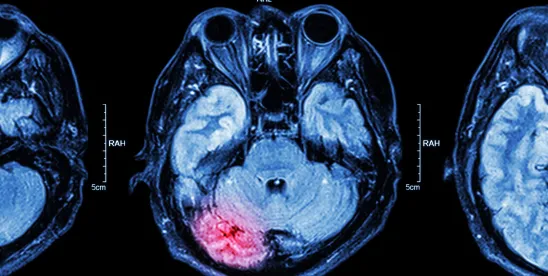A new study published in the JAMA Surgery examined the relationship between TBI and unemployment. The authors studied the labor market consequences of traumatic brain injury for tax-filing Canadian survivors in the 3 years following injury. In this cohort study including 18,050 patients with traumatic brain injury (2007 through 2017), a significant association between traumatic brain injury severity with unemployment and personal income loss was demonstrated. There was an estimated national cost of CAD $588 million (US $435 million) related to labor market losses from injured Canadians over the study period.
The aftermath of traumatic brain injury (TBI) extends far beyond medical complications, imposing significant economic and social costs. Employment and income loss post-TBI is a crucial factor contributing to patients’ stress and impeding their reintegration into society. However, the magnitude of these labor market impacts remains insufficiently explored. A recent study undertakes this challenge by assessing the economic burden and job market repercussions experienced by TBI survivors over three years, utilizing data from Canadian health and federal tax records.
Key Findings on TBI and Economic Ramifications:
Study Scope and Methodology
This retrospective, pan-Canadian observational cohort study analyzed health and tax records from 2007 to 2017, tracking 18,050 adults aged 19 to 61 who had filed taxes and survived TBI. By employing mixed-effects difference-in-difference regression models, researchers identified personal income and employment losses over the first three years post-injury relative to pre-injury conditions.
Income Decline and Employment Loss
At the time of injury, the cohort’s average income was CAD $42,600 (USD $31,083), and 82% were employed. Yet, the first year after injury saw an average income reduction of CAD $7635 (USD $5650), decreasing to CAD $5000 (USD $3700) by the third year relative to uninjured controls. Additionally, TBI survivors faced a 7.8% higher rate of new unemployment in each of the three post-injury years compared to their pre-injury status.
Impact by Injury Severity
When stratifying by severity, the adjusted income loss for mild, moderate, and severe TBI at the third-year post-injury was CAD $3354, $6750, and $17,375, respectively, with a corresponding rise in unemployment rates of 5.8%, 9.2%, and 20%.
National Economic Implications
Over the three-year period, cumulative income losses for the study group reached CAD $588 million (USD $435 million), underscoring the substantial economic drain imposed on society. This aggregated income reduction reveals the far-reaching economic toll of TBI on a national level, highlighting the need for policies that enhance financial assistance and occupational rehabilitation services.
Conclusion
From a medical legal standpoint this groundbreaking study supports the argument that those with permanent physical and/or cognitive disabilities, even for those who have sustained a mild TBI will suffer a reduction in future earning capacity.
The cite to the article can be found at: Malhotra AK, Jaffe RH, Shakil H, et al. Unemployment and Personal Income Loss After Traumatic Brain Injury. JAMA Surg. Published online October 09, 2024.



 />i
/>i

